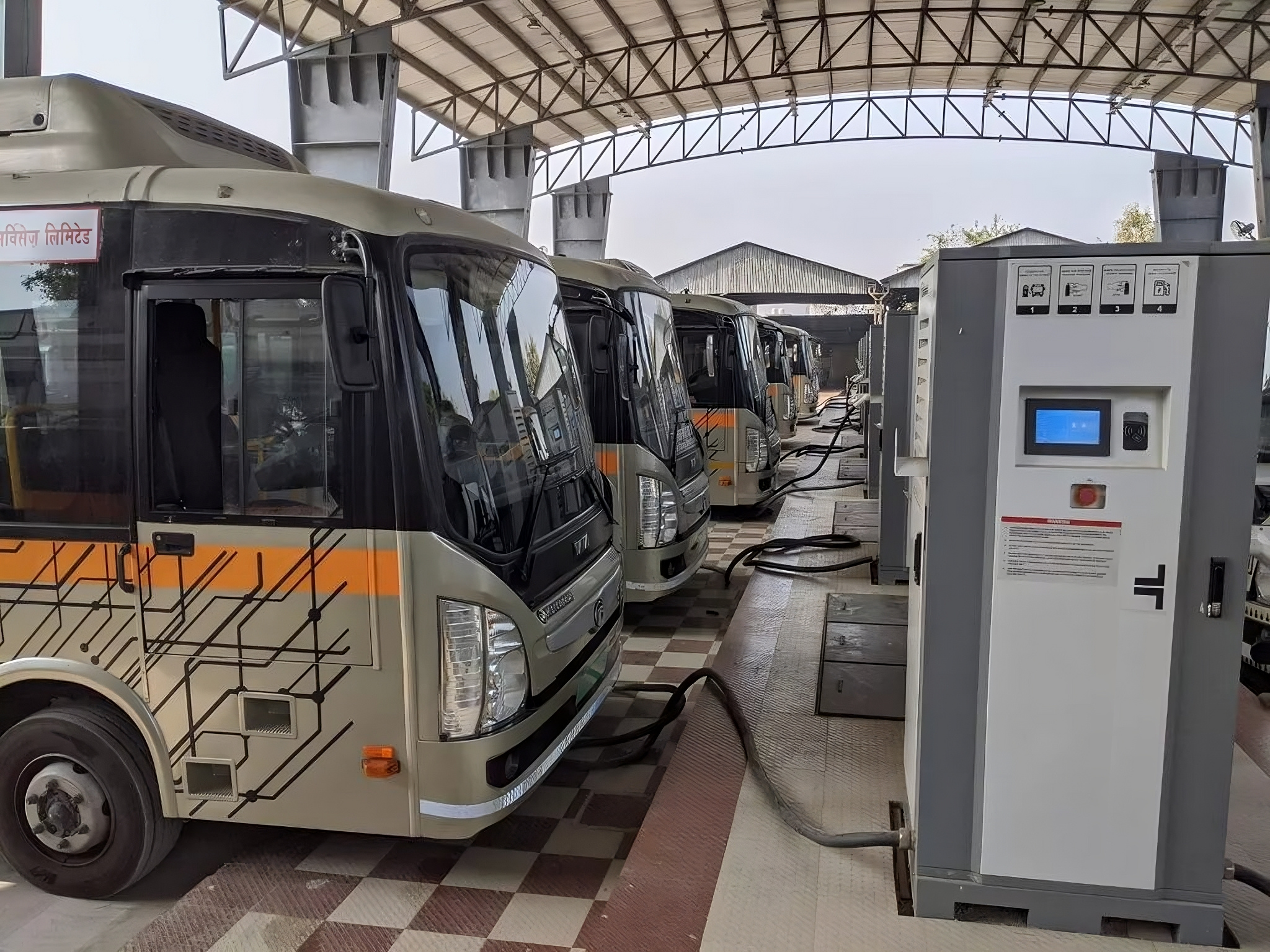
Even as Kadamba Transport Corporation Ltd (KTCL) is keen to replace the existing fleet of diesel buses with electric buses on village routes, the lack of charging points in the state’s rural areas has thrown up a challenge. KTCL is now in talks with suppliers and operators of the electric buses to set up charging points in key villages, said its general manager Sanjay Ghate.
Kadamba began with a fleet of electric AC buses, with 48 more being inducted through the Smart City Mission. These buses are being supplied by PMI Electro Mobility. KTCL has also firmed up plans to bring in 100 more electric buses in the coming year, and in anticipation, the state-run public transport corporation wants to shore up the charging infrastructure in Goa.
“From the first week of September, we will be getting some 9m buses to be operated in all the villages of Goa, and some 100 buses that the state government has also made a request for,” said Ghate. “We have some challenges regarding the charging of batteries in the villages, and we have spoken to the original equipment manufacturer (OEM) companies to see if they can overcome the challenges of charging in villages, because in every village, we have to provide chargers for charging the electric buses. We will take on that challenge.”
Ghate was speaking at a state-level dialogue on the electric vehicle policy and the challenges and opportunities in the adoption of electric vehicles.
The KTCL officer said that the delay in the setting up of the electric charging infrastructure in Panaji has delayed the deployment of electric city buses in Panaji as envisioned by Imagine Panaji Smart City Development Limited under the Smart City Mission.
“Regarding IPSCDL, where we will be operating 48 vehicles, the infrastructure work is going on, and that is why it is delayed, but we have brought the vehicles. We are now conducting trial on the vehicles on the Panaji-Margao shuttle route,” said Ghate.
He said that although electric buses cost a lot more, particularly due to the high battery cost, these buses are more “comfortable and sustainable” as compared to other alternate fuels such as CNG, LNG, biogas, and ethanol.
“When we did these trials, we found that the EV bus is the most feasible and economical as compared to other conventional energy,” he said. “We deployed 50 vehicles on the Panaji-Margao, Pernem, and Valpoi routes, and we found the operational efficiency and acceptance by commuters very good. The intention of the state government is to give comfortable and the best service for the lower class of people who travel by bus. Otherwise, everybody will try to migrate from the public service to personal vehicles.”

